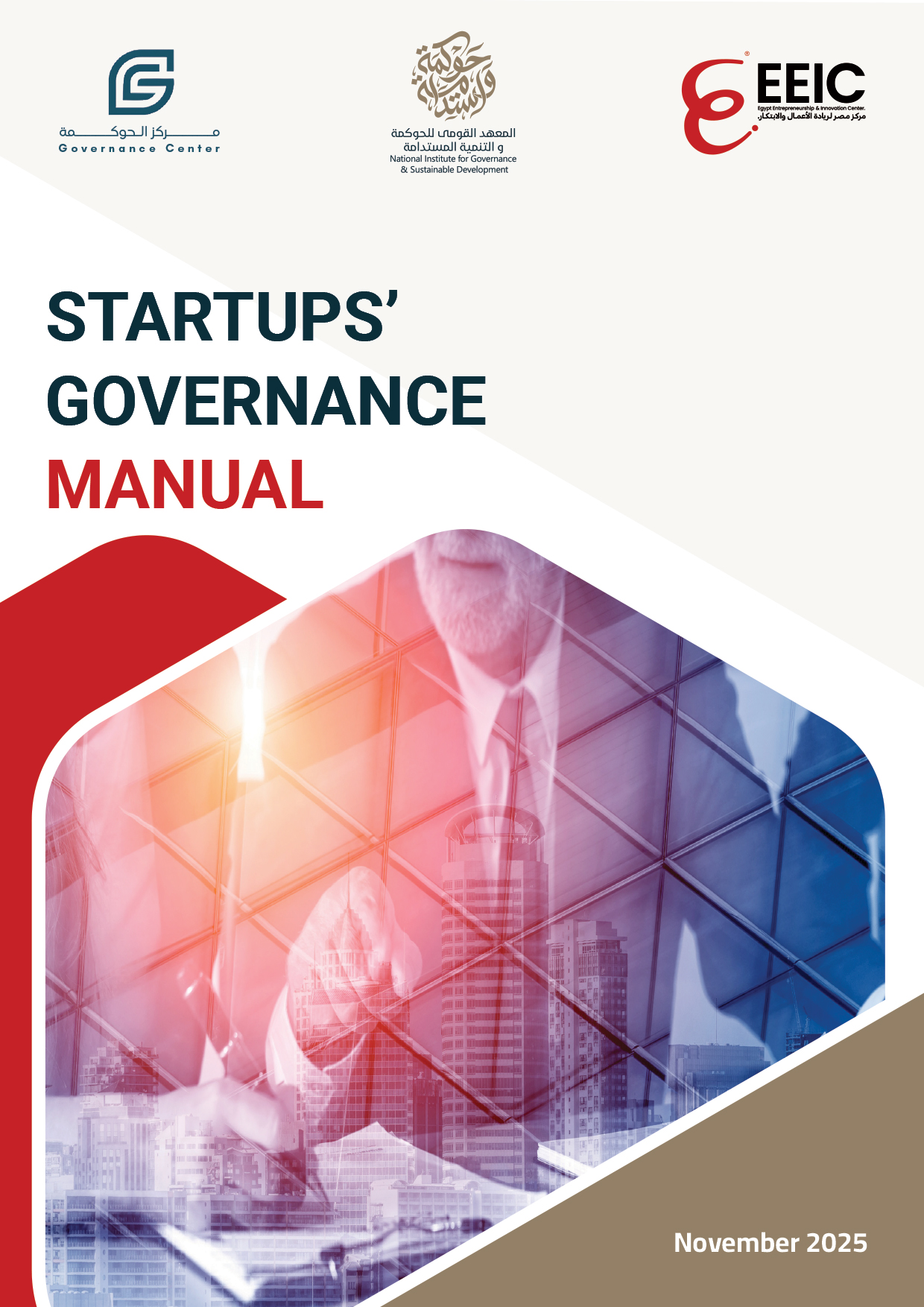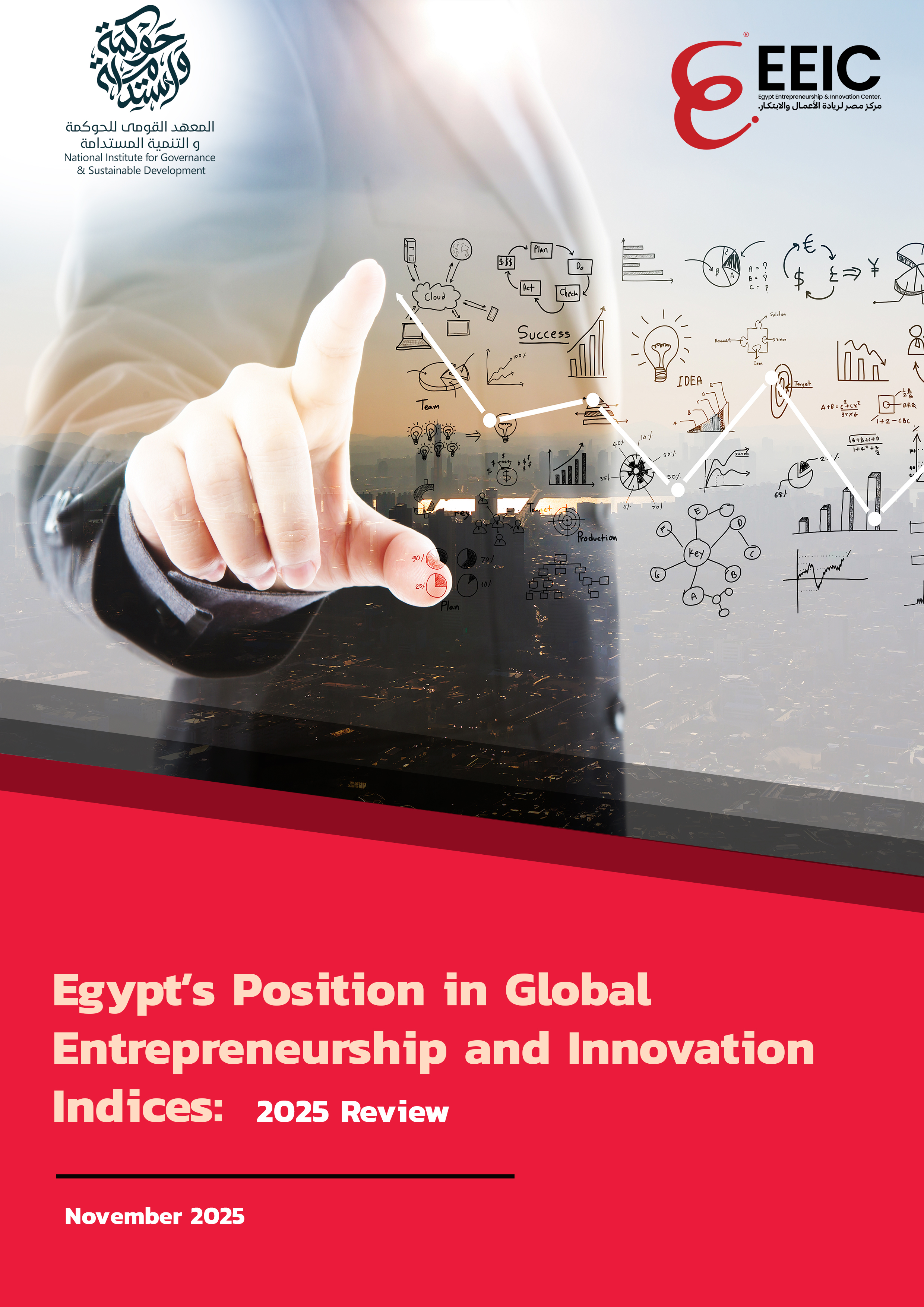What does the Ecosystem say? A Report on Agri-Biotech in Egypt
Introduction
Agribusiness and biotechnology are vital sectors for Egypt’s economy, contributing significantly to GDP and employment. These sectors hold immense potential for enhancing food security, fostering innovation, and supporting sustainable economic growth. However, they face challenges such as climate change, water scarcity, outdated farming techniques, and regulatory gaps, particularly in biotechnology. This report explores the current landscape of agribusiness and biotechnology in Egypt, highlighting key factors that shape their development.
Overview
The report examines the key drivers influencing agribusiness and biotechnology in Egypt, including supply and demand factors. On the supply side, investment in agriculture is increasing, supported by government initiatives and foreign direct investment (FDI). However, bureaucratic inefficiencies and fragmented land ownership hinder sectoral growth. On the demand side, food security concerns drive the need for agricultural innovation, as Egypt relies heavily on imports of staple crops. Additionally, trade regulations and the predominance of unprocessed agricultural exports present barriers to maximizing economic benefits.
The biotechnology sector also faces significant challenges, such as a shortage of skilled biotechnology professionals due to brain drain, inefficient regulatory frameworks, and limited access to market data. Despite these challenges, opportunities exist in developing local agricultural processing capabilities, implementing regulatory reforms, and leveraging Egypt’s young workforce. Strengthening international partnerships and investing in technological advancements will be crucial for long-term growth.
Conclusion
Egypt’s agribusiness and biotechnology sectors are at a critical juncture. While they hold significant promise for economic resilience and sustainability, overcoming existing barriers is essential for unlocking their full potential. By addressing regulatory inefficiencies, investing in technology and education, and enhancing local processing capabilities, Egypt can strengthen its position as a leader in agribusiness and biotechnology. A strategic focus on modernization and innovation will ensure long-term food security and economic sustainability.











